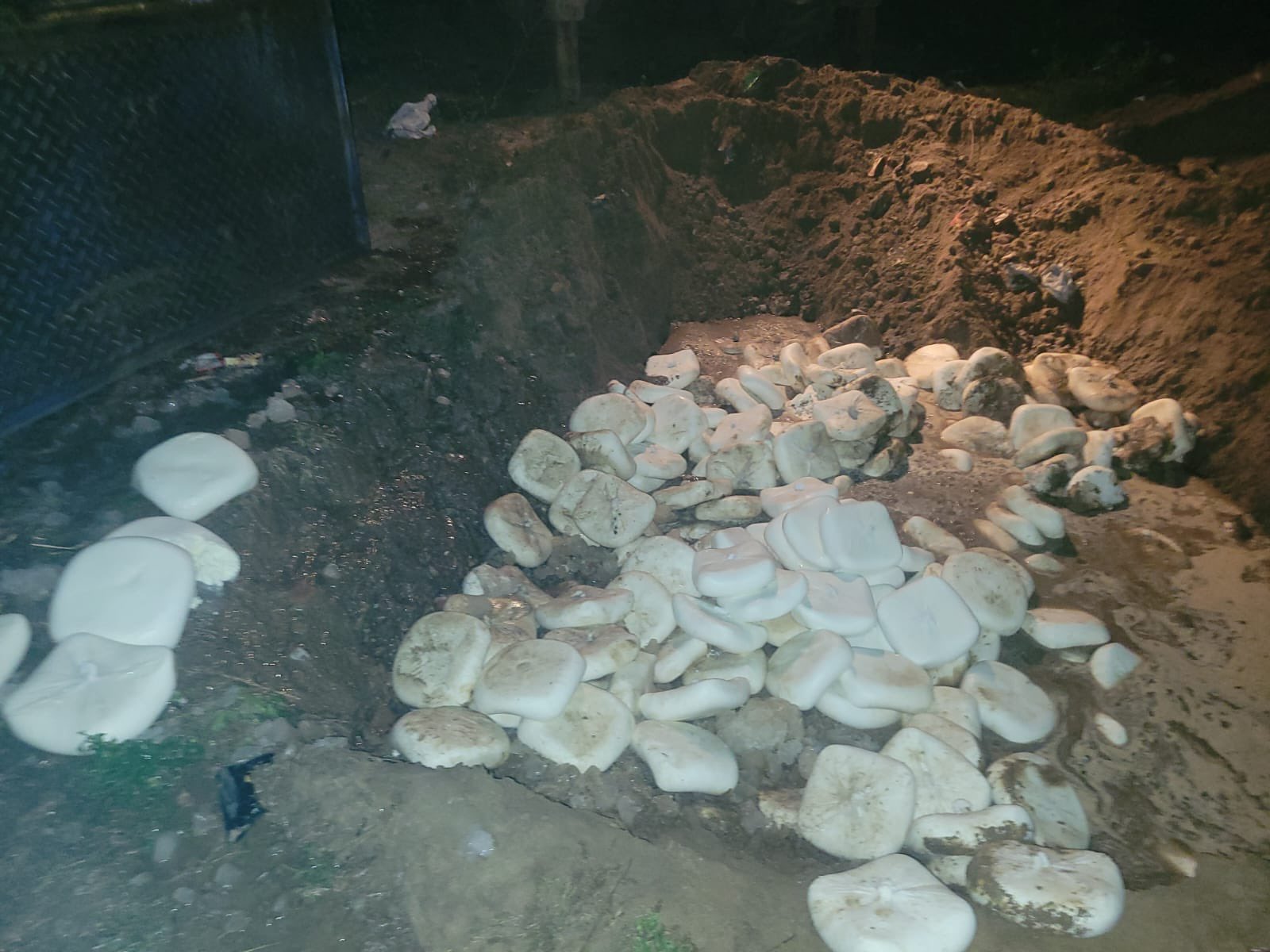Developing countries are pumping livestock full of antibiotics at such a startling rate that they are dramatically increasing the risk of creating drug-resistant "super bugs", scientists warned. Antibiotic use in animals is expected to surge by two thirds globally between 2010 and 2030, while doubling in emerging giants like China, Brazil, India and Russia, according to a Princeton University study.
It warned that the practice is pushing us closer to a time when common infections could become a death sentence because they will no longer respond to drugs. Consumption of meat, milk and eggs is growing fast in many developing and middle-income countries.
Urbanisation, increased wealth and changing diets mean industrial livestock producers are expanding rapidly. They are relying on antibiotics to keep disease at bay in the short-term, said co-author Tim Robinson, a scientist with the International Livestock Research Institute (ILRI). But the systematic use of low doses on livestock is creating "perfect conditions to grow resistant bacteria", he told the Thomson Reuters Foundation.
(Adulteration Alert: How Antibiotic-Fed Chicken May be Harming You)
Bacteria like E. coli and salmonella are already becoming resistant to antibiotics, Robinson said, increasing fears that these diseases will endanger humans. Passed from animals to people through food contamination, direct contact or the broader environment, antibiotic resistant bacteria will make it harder for doctors to treat basic infections or other ailments, he said.
The study by experts from Princeton, ILRI and the National Institutes of Health is the first to measure global antibiotic consumption by livestock.
(Antibiotic Resistance a Major Threat to Public Health: WHO)
Asia is the main region of concern as this is where demand for livestock products is growing dramatically while regulations governing antibiotic use in animals are either non-existent or not publicly available, scientists say. China's livestock industry alone could soon be consuming nearly one third of the world's antibiotics.
The four countries with the largest projected increases in antibiotics consumption are Myanmar (205 percent), Nigeria (163 percent), Peru (160 percent) and Vietnam (157 percent).
Increasing food production for the estimated 805 million people who go to bed hungry every night will require a new approach that is less reliant on intensive, antibiotic-fuelled breeding, Robinson said.
"Poor livestock producers aren't responsible for this problem, it's the big firms rushing to meet demand in the growing cities," he added.
But the poor will be worst affected if resistant bacteria transfer to humans more often, he said, because they will be the least able to afford the bigger and more frequent doses of drugs required to fight infections.
© Thomson Reuters 2015










